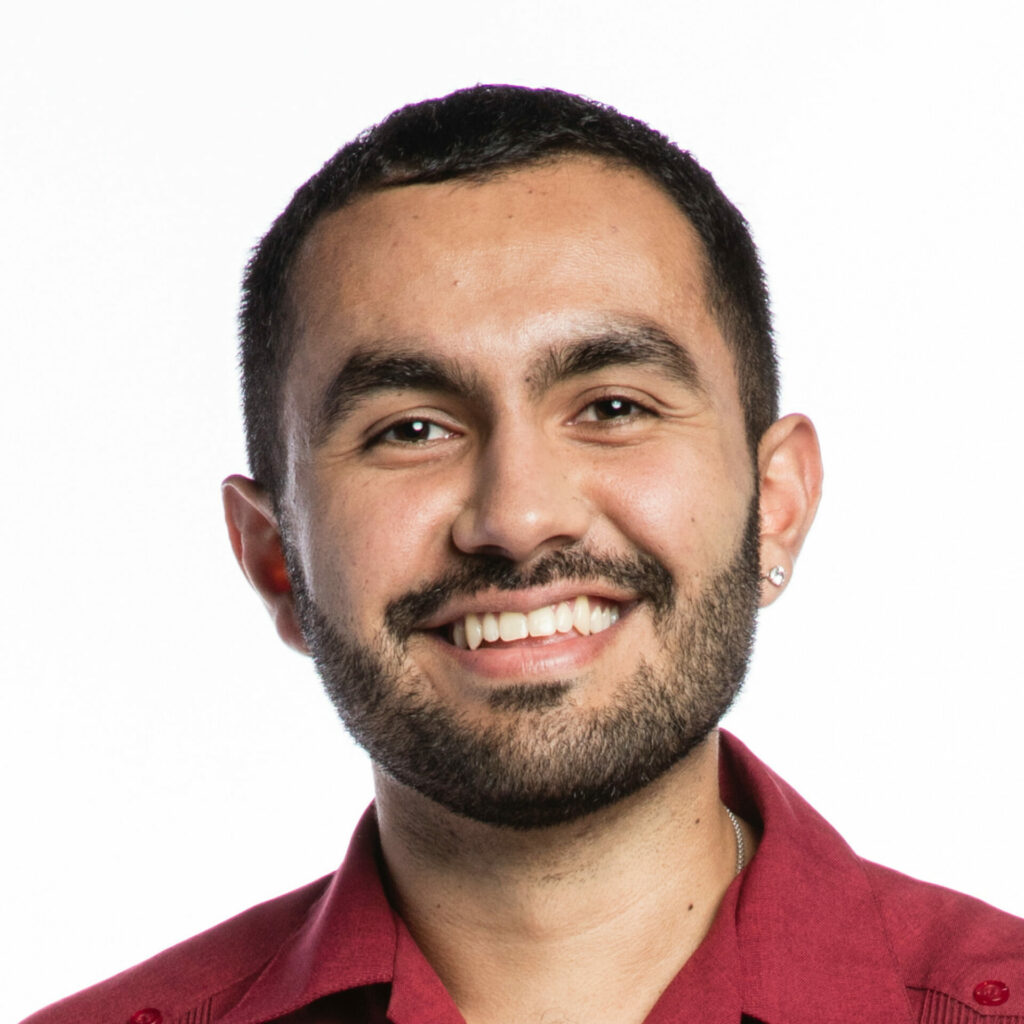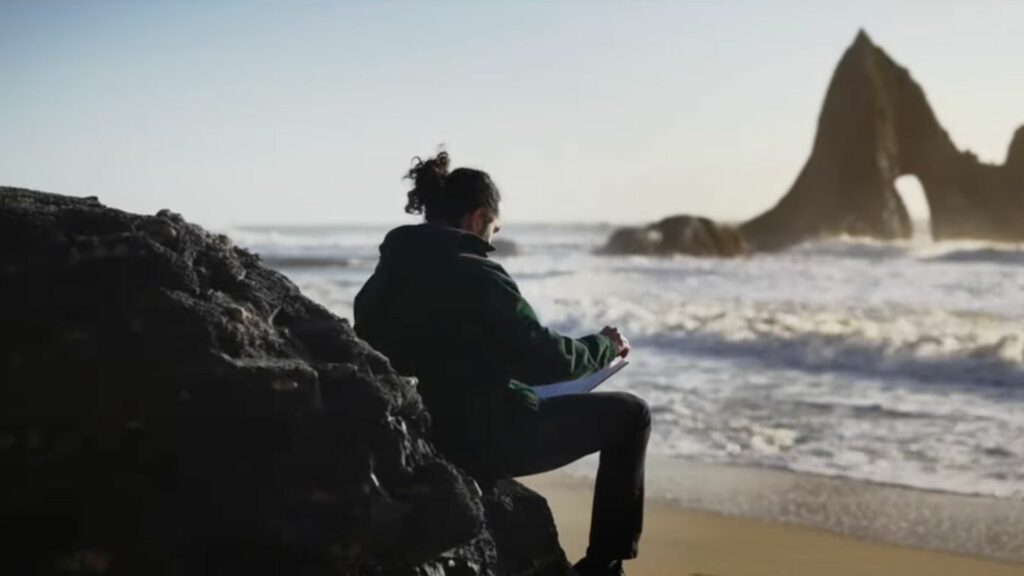During his PhD, Manuel worked on understanding and predicting how bacteria can gather information from the environment to respond accordingly, allowing cells to survive in an ever-changing world.
As a Schmidt Science Fellow, Manuel pivoted into evolutionary biology working in the Petrov Lab at Stanford University. Manuel worked to tackle the problem of convergent evolution at the molecular scale by understanding why organisms seem to find the same solutions for a particular challenge through entirely different routes. This question is relevant to understanding how various microbial pathogens can evolve antibiotic resistance through different genetic paths.
He is now a Postdoctoral Scholar at Stanford University.
Manuel believes that understanding evolution is of fundamental and practical interest with evolution being at the core of many pressing problems, ranging from cancer to antibiotic resistance to zoonotic diseases. He also believes that a physics-like mindset can help us uncover the dynamics natural populations follow, potentially helping us design strategies against the evolution pathogens.
Born and raised in Leon Guanajuato, Mexico, Manuel comes from a non-traditional scientific background where his experiences have strongly influenced how he tackles problems and finds alternative solutions. Furthermore, as a scientific minority, one of his personal goals is to inspire the next generation of scientists of Latin American heritage, demonstrating that scientific talent can come from any cultural background.

